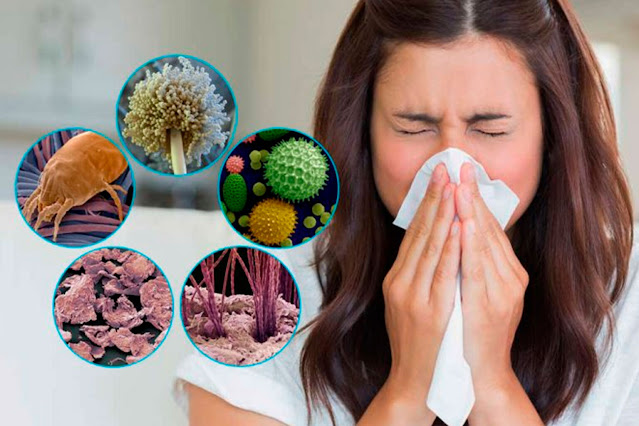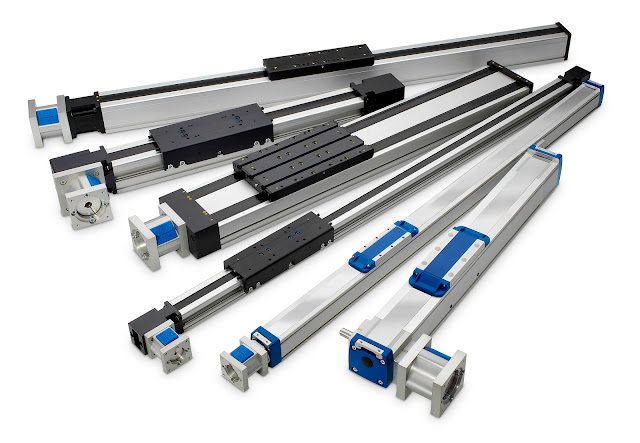Allergy Treatment Help Prevent Allergic Reactions and Reduce Signs and Symptoms of Allergies
 |
| Allergy Treatment |
Allergy treatments are used to reduce the risks of an allergic reaction. However, there is currently no cure for allergies, but some over the counter (OTC) and prescription medications may relieve symptoms. There are two main types of allergy treatment, such as allergy shots and allergy tablets. Allergy shots are injected with specific allergens to build a tolerance to the allergen. The allergist usually starts by administering a low dose of the allergen and gradually increases it. This helps the body adjust to the allergens and is generally repeated for six to twelve months.
Allergy shots are regular injections used to stop or reduce allergy attacks. Each shot contains a tiny amount of the specific substance(s) that trigger allergic reactions. Allergy tablets dissolve under the tongue and are only available for certain types of allergies. Antihistamines are medicines often used to relieve signs and symptoms of allergies, such as hay fever, hives, reactions to insect bites or stings, and conjunctivitis. Sometimes, these drugs are also used to prevent motion sickness and as a short-term treatment for insomnia.
The global Allergy Treatment Market was valued at US$ 17,773.4 Mn in 2021 and is forecast to reach a value of US$ 27,347.4 Mn by 2028 at a CAGR of 6.4% between 2022 and 2028.
However, allergy treatment depends on the symptoms and medical history. A doctor may prescribe a medicine, allergy shots, or immunotherapy. Allergy tests are important in determining the best treatment option. Some people may choose to avoid the allergens altogether. If they cannot avoid them, a doctor may recommend nasal saline rinses and/or a Neti pot. Neti pots are a type of nasal irrigation device. They can help clear the sinuses in cases of allergies or sinusitis. Nasal irrigation devices can be effective for allergies, sinus infections, and other conditions.
In March 2022, the U.S. Food and Drug Administration (FDA) approved the oral immunotherapy drug, Peanut (Arachis hypogaea) Allergen Powder-dnfp (Palforzia), to treat children ages 4 to 17 years old with a confirmed peanut allergy. However, this drug isn't recommended for people with uncontrolled asthma or certain conditions, including eosinophilic esophagitis.



Comments
Post a Comment